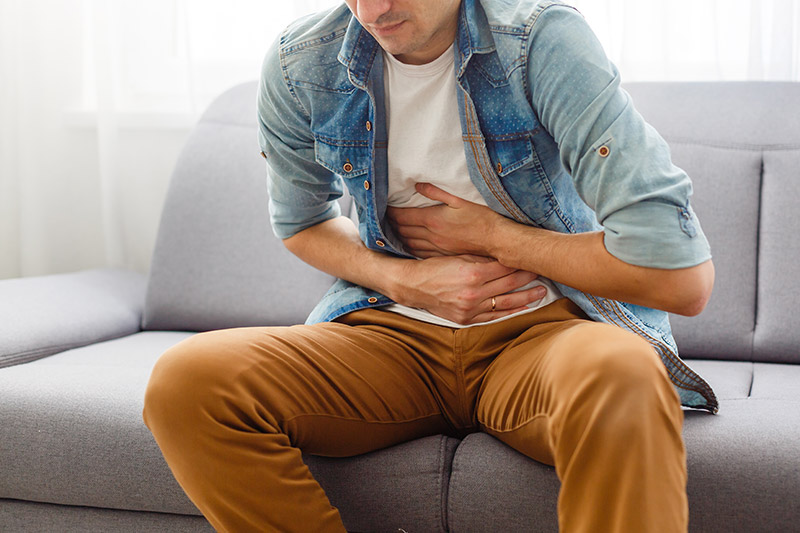By Irmanie Hemphill, MD, FAAFP
Medically reviewed September 21, 2021
Memories of a great meal can turn sour within a couple of hours as nausea sets in and it suddenly becomes clear: You’re the victim of food poisoning.
There are nearly 48 million cases of foodborne illnesses in the U.S. in a given year.
Even though these illnesses are common, the symptoms are still unpleasant, causing disturbances to your life and well being.
When you’re experiencing food poisoning, you’re often waiting for it to pass—waiting as your body fights off the harmful bacteria, parasite, or virus.
The good news: Food poisoning will often resolve on its own.
In this article, I will discuss the different types of food poisoning and their incubation periods, so you know what to expect should you find yourself with a bout of food poisoning.
I’ll also offer some ways to avoid future bouts of food poisoning, and some advice on when you should talk to a doctor.
What is Food Poisoning?
Food poisoning is any of more than any 250 foodborne illnesses caused by eating contaminated food.
The most common pathogens of food poisoning are bacterial, viral, parasitic, or toxins.
Symptoms
Symptoms can vary depending on the type of food poisoning you’re experiencing.
But common symptoms of food poisoning include the following:
- Upset stomach
- Stomach cramps and abdominal pain
- Diarrhea (sometimes bloody diarrhea)
- Vomiting
- Nausea
- Fever











